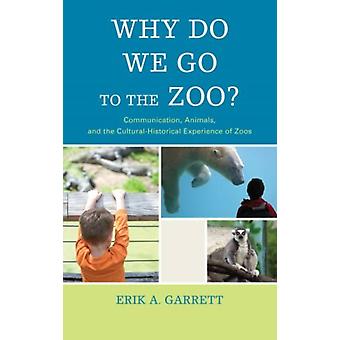설명
Despite hundreds of millions of visitors each year zoos have remained outside of the realm of philosophical analysis. This lack of theoretical examination is interesting considering the paradoxical position within which a zoo is situated being a space of animal confinement as well as a site that provides valuable tools for species conservation public education and entertainment. Why Do We Go to the Zoo argues that the zoo is a legitimate space of academic inquiry. The modes of communication taking place at the zoo that keep drawing us back time and time again beg for a careful investigation. In this book the meaning of the zoo as communicative space is explored. This book relies on the phenomenological method from Edmund Husserl and a rhetorical approach to examine the interaction between people and animals in the zoo space. Phenomenology the philosophy of examining the engaged everyday lived experience is a natural method to use in the project. Despite its rich history and tradition it is interesting that there are very few books explaining how to do phenomenology. Why Do We Go to the Zoo provides a detailed account of how to actually conduct a phenomenological analysis. The author spent thousands of hours in zoos watching people and animals interact as well as talking with people both formally and informally. This book asks readers to bracket their preconceptions of what goes on in the zoo and instead to explore the meaning of powerful zoo experiences while reminding us of the troubled history of zoos. show more
-
Fruugo ID:
59068248-119690068
-
ISBN:
9781611476453
배송 및 반품
당사는 귀하께서 주문하신 제품이 주문 명세에 따라 빠짐없이 배송되도록 온 힘을 기울이고 있습니다. 다만, 주문하신 것과 다른 상품이 배송되거나 빠진 상품이 있는 경우, 또는 주문 내용에 만족할 수 없는 다른 이유가 있는 경우에는 주문 전체나 주문에 포함된 일부 제품을 반품하시고 해당 상품에 대해 전액 환불받으실 수 있습니다. 전체 반품 정책 보기

